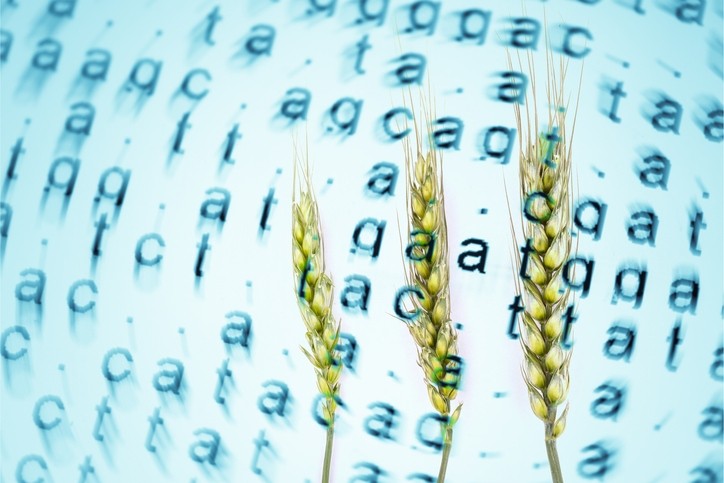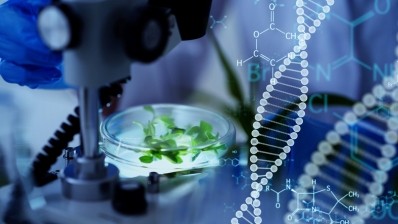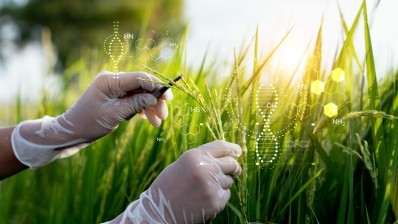EU agriculture committee calls for ban on patenting NGT-derived plants

There was a large majority of 34 for, 11 against and 1 abstention.
The political groups in the committee drafted compromise amendments, and on the issue of patents, one amendment states that plants produced by NGTs "shall not be patentable."
In July this year, the EU Commission presented a proposal for a regulation on certain NGTs and their use in food and feed. It establishes two categories of plants obtained through NGTs: plants comparable to naturally occurring or conventional plants, and plants with modifications that are more complex. The two categories will be subject to different requirements to reach the market, considering their distinct characteristics and risk profiles.
How did we get here?
The proposal came at the end of a long process started in July 2018 with the ruling of the European Court of Justice determining that organisms created through NGTs needed to be regulated as GMOs and covered by the EU’s current GMO Directive of 2001. After a study from the EC concluded that the GMO Directive is not “fit for purpose” for these newer products, a legislative initiative was started on September 24, 2021.
The publication of the EC proposal marked the start of negotiations at EU level, both in the EP and in the Council of the EU. However, whether a deal on the legislation will be done before the European elections in June 2024 remains uncertain.
In the Parliament, the Committee on the Environment, Public Health, and Food Safety (ENVI) is responsible for the file under the co-decision procedure. AGRI has been designated as the opinion-giving committee for the file, given its relevance.
Mixed reaction
According to a briefing, the majority of EU agriculture ministers are in favor of the proposal, although the coexistence of organic farming with gene edited crops and the treatment of patents have emerged as contentious issues.
Stakeholder reactions to the Commission's proposition have been mixed. While feed and biotech industry players have hailed it as a "game changer" that will bring innovation in plant breeding, the organic food and farming movement has criticized the Commission's plan to remove NGTs from the existing legal framework as it could leave organic food systems unprotected.
Today, Copa and Cogeca called on the ENVI committee, ahead of its vote in January 2024, to "show the same understanding of the importance of this legislation for the farming sector" as the AGRI committee has done.
"New plant breeding techniques are needed as part of the toolbox that could enable breeders to speed up their breeding programs and bring better plant varieties to the market. They would help European farmers produce more efficiently and strengthen their resilience to climate change and adverse weather events," the EU farming lobby said.
Trade challenges
Currently, the EU's regulations on gene editing differ from other large agriculture-producing regions in the world, such as the US, Brazil, and Australia. These differences create challenges in the international trade and investment environment, among other things, finds a Rabobank overview.
"A key driver for a possible change in the EU’s current strict regulations includes its own ambitions for more sustainable agriculture, as outlined in the Farm to Fork Strategy. Other drivers for change are climate change and the desire to catch up on innovation with other parts of the world like the US and China. However, concerns about safety and the potential impact of gene-editing technology on the environment could hold back changes."
'A fair balance'
COCERAL, which represents grain traders, and FEDIOL, the voice of the vegetable oil and protein meal industry, argue that the Commission’s proposal "reflects a fair balance between reaping the benefits of plant breeding innovation while maintaining a high level of protection of human and animal health and the environment,” which they consider "a step in the right direction".
The European Council of Young Farmers (CEJA) was equally enthusiastic about the proposition, hailing the possibility - created by the ability to use targeted mutagenesis and cisgenesis - for farmers to mitigate and adapt to climate change through better adapted varieties.
Euroseeds secretary general, Garlich von Essen, also gave feedback during the consultation period on the proposal. He welcomed the "distinction between conventional-like NGTs and the outdated and practically unworkable authorization requirements for transgenic GMOs.”
'A threat to sustainability'
IFOAM Organics Europe, the umbrella organization of the organic movement, argued that the plan is "misguided, dangerous for European seed autonomy and a distraction from the agro-ecological solutions needed to move agriculture towards sustainability.”
The body urged MEPs and governments to “act to protect the freedom of farmers and consumers not to use or buy GM products and to prevent the monopolization of genetic resources through patents.”
It welcomed the ban on NGTs for organic production, which is "in line with the position of the organic food and farming sector,” but expressed concern that it "does not provide a clear basis to protect GMO-free and organic production with coexistence measures, nor to ensure a fair distribution of risks and burdens.”
Friends of the Earth Europe has a similar perspective, emphasizing that the proposition "sacrifices consumer rights and puts nature at risk" as it "abolishes labeling requirements, safety checks and any kind of liability procedures for new GMOs."
The NGO argued that the "deregulation proposal" will, among other things, allow the release of untested new GMOs into the wild, adding that "no research has been done on how new GMOs interact with bees and other pollinators, or how GMO crops can accelerate biodiversity loss.”
Claiming that the proposal is "based on industry promises for products currently in the pipeline, with no baseline or independent assessment of the actual sustainability of new GMOs," the organization is urging EU environment and health ministers and MEPs to reject the legislation.
Pesticide Action Network (PAN) Europe has also joined the chorus of opposition, describing the "solutions" proposed by industry as "mere wishful thinking" and likening them to "the same kind of deception we saw earlier with conventional GMOs."
Corporate Europe Observatory (CEO) claimed the "deregulation proposal" was "a massive giveaway by the Commission to corporations like Bayer and BASF, without getting anything in return."













